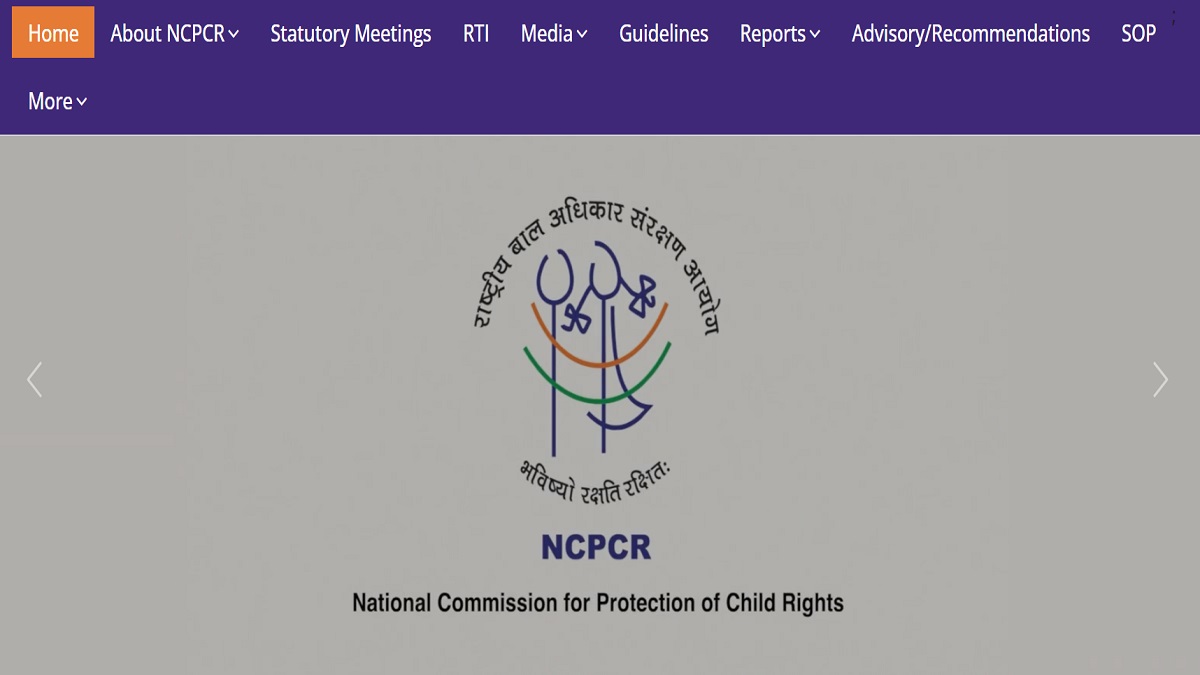Delhi Government School NCPCR: Delhi Government has decided to implement the National Commission for Protection of Child Rights (NCPR) in all the schools in the capital city. According to reports, all the schools have been directed to follow the guidelines issued for eliminating corporal punishment in schools.
The government recently issued an official notice to the heads of the Government-Aises and Recognized unaided private schools under the Directorate of Education.
As per the recent notification released, all the heads of the government-aided and recognized unaided private schools under the Directorate of Education are hereby directed to familiarise themselves with the guidelines formulated by the NCPCR regarding eliminating corporal punishment in the schools.
What is Corporal Punishment in Schools?
As per definition, Corporal Punishment means punishment that is physical in nature, and the Right of Children to Free and Compulsory Education Act 2009 prohibits ‘Physical Punishment’ and ‘Mental Harassment’ under Section 17(1) and makes it a punishable offense under Section 17(2).
According to the Guidelines for Eliminating Corporal Punishment in Schools issued by NCPCR, Physical Punishment is understood as any action that causes pain/ hurt/ injury and discomfort to children however light.
The National Commission for Protection of Child Rights was established by the Commission for Protection of Child Rights (CPCR) Act 2005. The commission works under the guidelines of the Ministry of Women and Child Development. The commission began working on March 7, 2007 and was mandated under Section 13 of the CPCR Act 2005 to ensure that all laws, policies, programmes, and administrative mechanisms are in consonance with the Child Rights perspective. Persons aged below 18 are considered children under this law.

Comments
All Comments (0)
Join the conversation